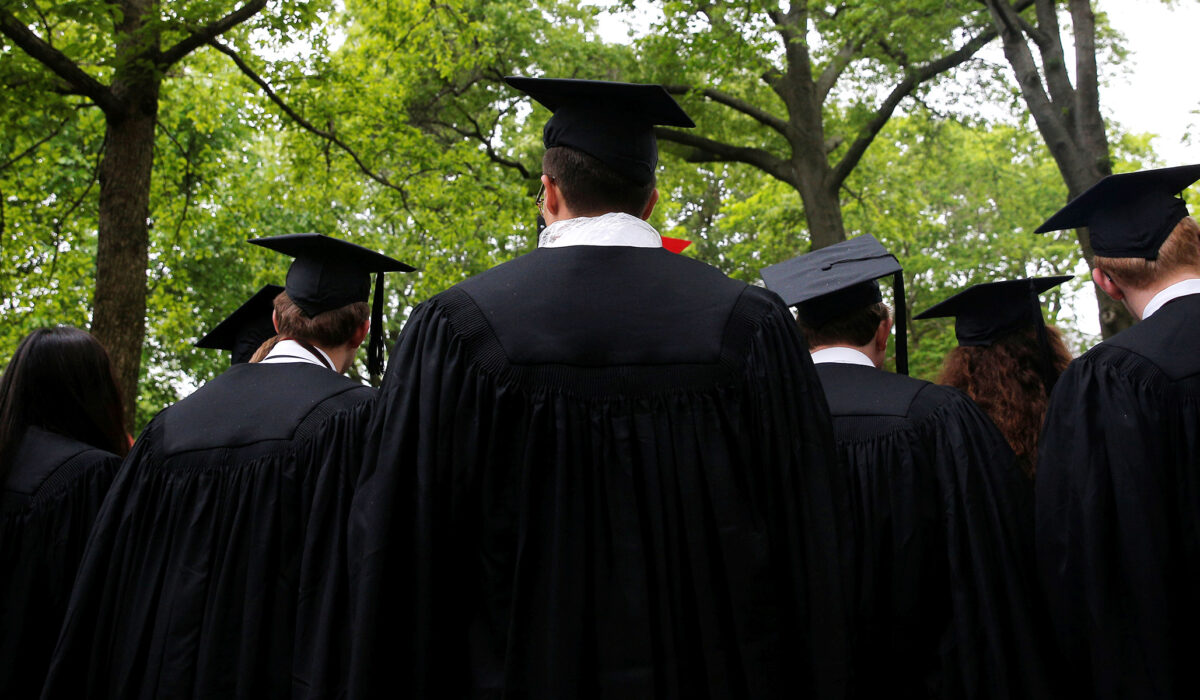Academic Union Pushes for Ideological Conformity
Across campuses a powerful union is signaling that ideology matters more than inquiry. That shift is not subtle and it changes the role of faculty from skeptical investigators to enforcers of belief. The move deserves scrutiny because universities are supposed to be places where ideas clash and truth emerges.
Unions exist to protect wages, workload, and workplace safety for professors. But when a union starts policing thought it crosses into political organizing. That harms both the academic mission and the trust students place in their instructors.
Ideological litmus tests create real consequences for faculty careers. Tenure and promotion decisions risk being influenced by conformity rather than scholarship. When hiring favors ideological fit over expertise, academic standards slip and departments lose credibility.
Students suffer when classrooms become echo chambers. A good university exposes students to competing views and trains them to evaluate evidence. If one perspective is enforced, critical thinking becomes a casualty and graduates leave less prepared to engage the real world.
Research and peer review also depend on openness to challenge. Scholarly progress happens through critique, replication, and dispute. A climate of ideological fear discourages bold research and prevents necessary criticism from flourishing.
Union leaders who act as political gatekeepers also undermine their own members. Faculty expect unions to address salary, benefits, and working conditions. Turning the union into a political litmus board risks alienating members who prefer their labor issues separated from partisan fights.
There is a deeper institutional cost when conformity replaces debate. Universities trade pluralism for predictability and intellectual rigor for groupthink. The academic marketplace relies on trust that ideas will be judged on merit, not membership in the right faction.
Public confidence in higher education has already eroded. Perceptions of bias feed skepticism among taxpayers and prospective students. Restoring balance will require leaders who prioritize free inquiry and clear standards over ideological solidarity.
Policymakers and trustees have a role to play in protecting academic freedom. Transparency in hiring, tenure, and promotion criteria can help blunt ideological capture. Clear protections for viewpoint diversity make it easier for dissenting scholars to speak and teach without fear.
Alternative governance models can reduce concentrated power inside unions or administrations. Greater faculty input into review processes and independent ombudsmen provide checks on groupthink. Competition among institutions also pressures universities to uphold academic standards if students and families demand intellectual fairness.
Faculty associations should return to basics: defend scholarly work, improve compensation, and secure fair workloads. Those goals build stronger institutions and support rigorous teaching and research. Unions focused on those core missions avoid the corrosive effects of ideological policing.
The future of higher education depends on restoring a culture of open debate and evidence first scholarship. Universities that reject ideological conformity will attract talent, maintain credibility, and prepare students for a complex world. That outcome is in the interest of faculty, students, and the public alike.

